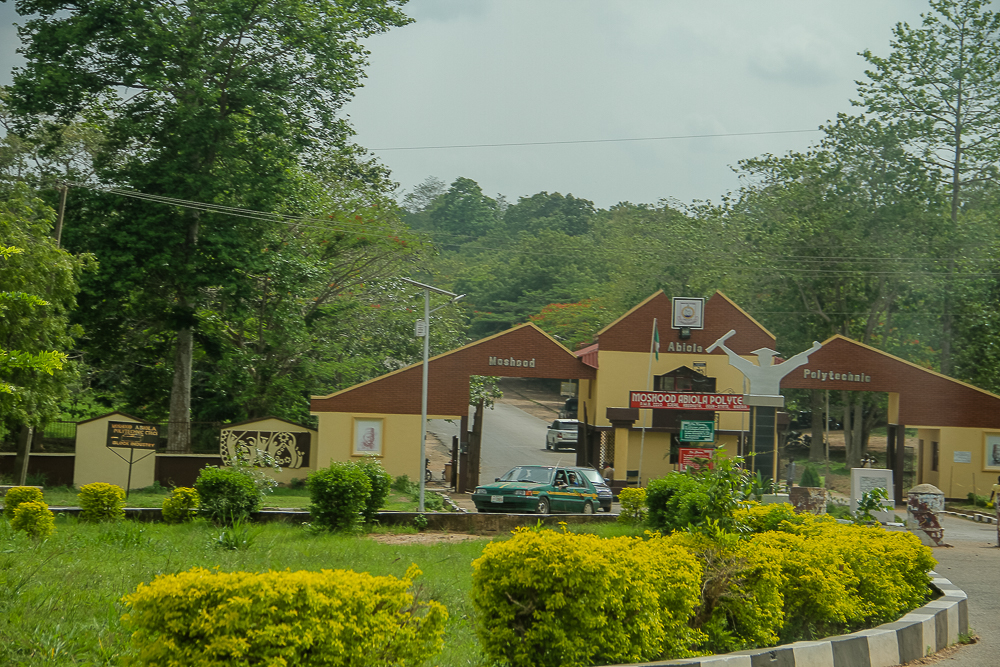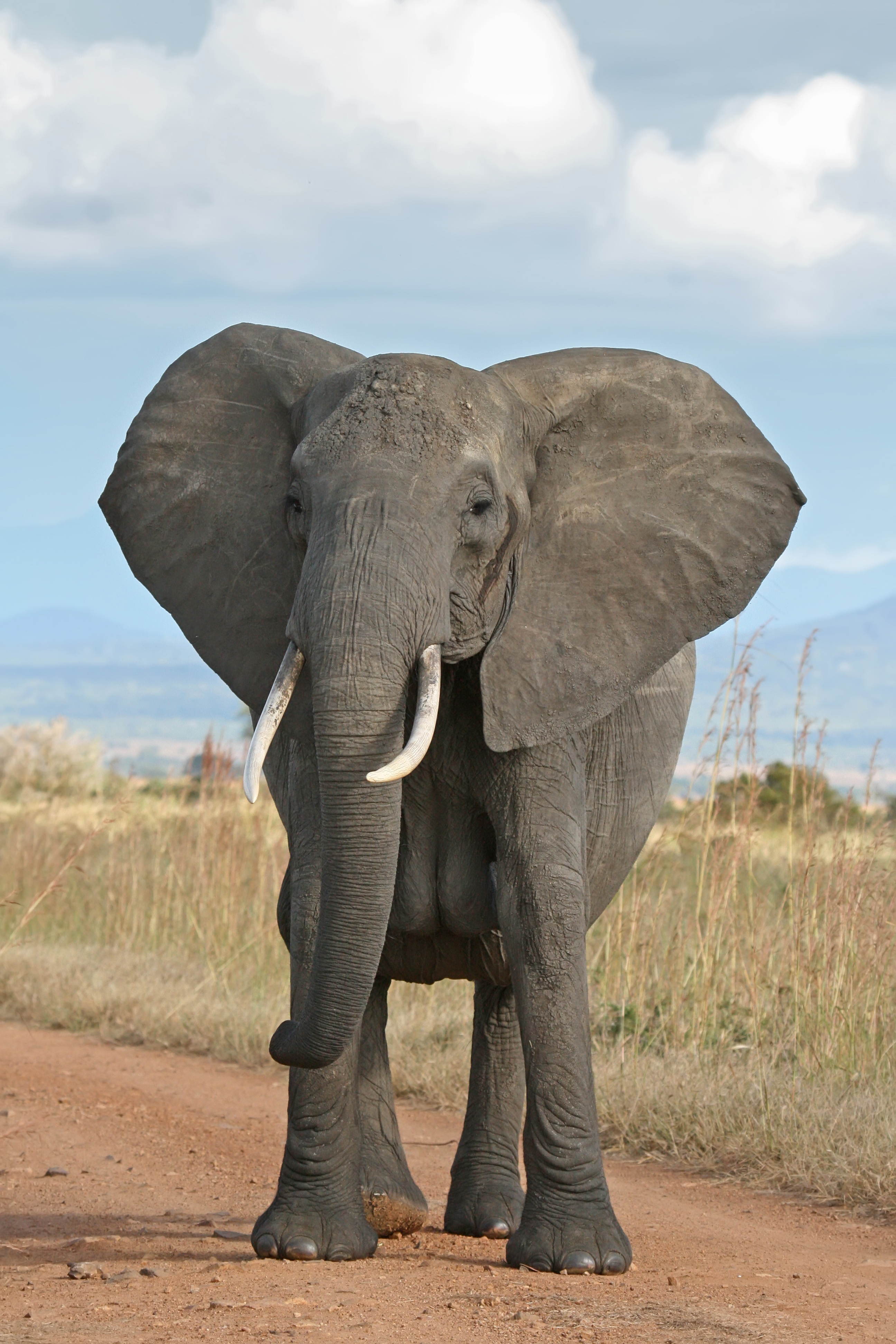|
Alake Of Egba (title)
The Alake of Egbaland is the paramount Yoruba king of the Egba, a clan in Abeokuta, Ogun State, southwestern Nigeria. Egba consists of Egba Ake, Owu kingdom, Oke-Ona and Egba Gbagura. History Sagbua Okukenu became the first Alake of Egbaland, ruling between 8 August 1854 to 31 August 1862. Prior to the appointment of the Sagbua Okukenu in 1846, Shomoye was installed as regent for one year, between 1845 and 1846, and following the demise of Oba Okukenu in 1862, Shomoye returned to the throne of the Alake of Egbaland as a regent, where he spent four years between 1862 and 1866. Following this, Oba Ademola I was appointed on 28 November 1869. He ruled for eight years until his demise on 30 December 1877. On 1 January 1878, Oba Oyekan was appointed as the Alake of Egbaland. He spent three years on the throne before dying on 18 December 1881. Thereafter, Oluwaji was appointed on 9 February 1885, and ruled in this capacity for four years (27 January 1889). After a two-year vacancy, ... [...More Info...] [...Related Items...] OR: [Wikipedia] [Google] [Baidu] |
Egba People
The Egba people are a subgroup of the Yoruba people, an ethnic group of western Nigeria, a majority of whom are from the central part of Ogun State that is Ogun Central Senatorial District. Ogun Central Senatorial District comprises six local government areas in Ogun State: Abeokuta North, Abeokuta South, Ewekoro, Ifo, Obafemi Owode and Odeda local governments. Etymology The origination of the word Egba is disputed. The first meaning may come from the word Ẹ̀gbálugbó, meaning wanderers towards the forest, and this comes from the fact that the ancestors of the Egba people came from the region of the Oyo Empire to the "Egba Forest" and formed what we now know as the city of Abeokuta. The "Egbalugbo" were in conjunction with the Ẹ̀gbáluwẹ or Ẹ̀gbálodó, meaning the wanderers towards the river, who later shortened their name to "Egbado," another subethnic group of the Yoruba. Another possible meaning may come from the word Ẹsẹ̀gbá, the title of a chief which l ... [...More Info...] [...Related Items...] OR: [Wikipedia] [Google] [Baidu] |
Abeokuta
Abeokuta is the capital city of Ogun State in southwest Nigeria. It is situated on the east bank of the Ogun River, near a group of rocky outcrops in a wooded savanna; north of Lagos by railway, or by water. , Abeokuta and the surrounding area had a population of 449,088. Geography and economy Abẹokuta lies in fertile country of wooded savanna, the surface of which is broken by masses of grey granite. It spreads over an extensive area, being surrounded by mud walls 18 miles in extent. Palm oil, lumber, natural rubber, yams, rice, cassava, maize, cotton, other fruits, and shea butter are the chief articles of trade. It is a key export location for cocoa, palm products, fruit, and kola nuts. Both rice and cotton were introduced by the missionaries in the 1850s and have become integral parts of the economy, along with the dye indigo. Abeokuta lies below the Olumo Rock, home to several caves and shrines. The town depends on the Oyan River Dam for its water supply, ... [...More Info...] [...Related Items...] OR: [Wikipedia] [Google] [Baidu] |
Ogun State
Ogun State is a state in southwestern Nigeria. Created on 3 February 1976 from the former Western State. Ogun State borders Lagos State to the south, Oyo State and Osun State to the north, Ondo State to the east, and the Republic of Benin to the west. Abeokuta is both Ogun State's capital and most populous city; other important cities in the state include Ijebu Ode, the royal capital of the Ijebu Kingdom, and Sagamu, Nigeria's leading kola nut grower. Ogun state is covered predominantly by rain forest and has wooden savanna in the northwest . Ogun State had a total population of 3,751,140 residents as of 2006, making Ogun State the 16th most populated state in Nigeria In terms of landmass, Ogun State is the 24th largest State in Nigeria with land area of 16,762 kilometer square. Nicknamed the "Gateway to Nigeria", the state is notable for having a high concentration of industrial Estates and being a major manufacturing hub in Nigeria. Major factories in Ogun include the Da ... [...More Info...] [...Related Items...] OR: [Wikipedia] [Google] [Baidu] |
Nigeria
Nigeria ( ), , ig, Naìjíríyà, yo, Nàìjíríà, pcm, Naijá , ff, Naajeeriya, kcg, Naijeriya officially the Federal Republic of Nigeria, is a country in West Africa. It is situated between the Sahel to the north and the Gulf of Guinea to the south in the Atlantic Ocean. It covers an area of , and with a population of over 225 million, it is the most populous country in Africa, and the world's sixth-most populous country. Nigeria borders Niger in the north, Chad in the northeast, Cameroon in the east, and Benin in the west. Nigeria is a federal republic comprising of 36 states and the Federal Capital Territory, where the capital, Abuja, is located. The largest city in Nigeria is Lagos, one of the largest metropolitan areas in the world and the second-largest in Africa. Nigeria has been home to several indigenous pre-colonial states and kingdoms since the second millennium BC, with the Nok civilization in the 15th century BC, marking the first ... [...More Info...] [...Related Items...] OR: [Wikipedia] [Google] [Baidu] |
Egba Ake
Egba Ake, otherwise known as Egba Alake, is one of the five sections of Egbaland, the others being Oke-Ona, Gbagura, the Owu and Ibara (historically, Ibara is part of Yewa, not Egba, although it is located in the present day Abeokuta geographically). It is a traditional state which joins with its bordering sections to form something of a high kingship. The Alake of Abeokuta, or Alake of Egbaland, is the traditional ruler of the Egba clan of Yoruba in the city of Abeokuta in southwestern Nigeria. The Egba Ake section is seen by traditionalists as Abeokuta's aristocracy due to the fact that its principal noblemen, the Omo-Iya-Marun, serve as the kingmakers of the Alake, who must himself also come from this section. History The Egba people's original homeland in the Egba forest was established by Yoruba migrants from elsewhere. According to ''The History of the Yorubas'' by Samuel Johnson, Eso Ikoyi chiefs in the retinue of the first Alake of the Egba joined him in found ... [...More Info...] [...Related Items...] OR: [Wikipedia] [Google] [Baidu] |
Egba Gbagura
Egba Gbagura is one of the five sections of Egbaland, the others being Ake, Oke-Ona, the Owu and Ibara (historically, Ibara is part of Yewa (Egbado), not Egba, although it is located in the present day Abeokuta geographically). It is a traditional state which joins with its bordering sections to form something of a high kingship. The Agura of Gbagura is the traditional ruler of this subsection of the Egba, and under his jurisdiction are the rulers of the 72 townships that each bear the title ''Baale''. Though the Agura is technically in equal power to the Alake, ever since the colonial era the Alake has been considered to be the supreme leader of all of Egbaland, not just the Ake section. History The Egba people's original homeland in the Egba forest was established by Yoruba migrants from elsewhere. According to ''The History of the Yorubas'' by Samuel Johnson, Eso Ikoyi chiefs in the retinue of the first Alake of the Egbas joined him in founding a new community - the co ... [...More Info...] [...Related Items...] OR: [Wikipedia] [Google] [Baidu] |
Okukenu
Okukenu Sagbua (fl. 1845-1862) was a Yoruba Egba chief. He was a founding member of the Ogboni of Egbaland, and also served as the first Alake of Egbaland. Life Upon the exodus of the Egba refugees to the comparative safety of Olumo Rock in the aftermath of their homeland's destruction during the Yoruba Civil Wars, the traditional councils of chiefs - otherwise known as the Ogboni - that had formerly governed them were reconstituted. An Eso Ikoyi warlord known as Okukenu was co-opted into the civil council during this exercise, and so his erstwhile title - ''Sagbua'' - was recognized as a civil one thereafter, even though it had originally been a military rank. Following the death of the Egba paramount chief Shodeke in 1845, Okukenu and a brace of other powerful chiefs ruled Abeokuta jointly for a time. The rivalry that existed between them led to an anarchy that was only exacerbated by the slave trade, which was then at its peak. After the death of the ''Losi'' of Ake (hith ... [...More Info...] [...Related Items...] OR: [Wikipedia] [Google] [Baidu] |
Ladapo Ademola
Oba Sir Ladapo Samuel Ademola KBE, CMG (1872–1962), also known as Ademola II, was the Alake of Abeokuta from 1920 to 1962. Before he was crowned Alake, Ademola was involved in the affairs of the Egba United Government. As a member of the Egba council, he was a leading participant in negotiations with the Lagos State colonial government in 1889 for the rights to construct railway tracks passing through Egbaland.The Christmas number of the ''Nigerian Daily Times'', 1932. (1932). Lagos, Nigeria: W.A. P. 8 In 1904 he travelled with Alake Gbadebo to the U.K., where they were received by King Edward VII. He succeeded Oba Gbadebo in 1920 with overwhelming votes from the Egba council. One of the earliest Nigerian traditional rulers to own a car, he was known to have driven a speed record of over 30 miles from Abeokuta to Ibadan when he traveled to receive the Prince of Wales at Ibadan before the Prince returned to Lagos after a Durbar at Ibadan. Under his headship, the Egba Nat ... [...More Info...] [...Related Items...] OR: [Wikipedia] [Google] [Baidu] |
Samuel Adesina Gbadebo
Samuel Adesina Gbadebo, otherwise known as Gbadebo II, was a Nigerian traditional monarch who held the title of Alake of Egbaland. Prior to becoming Alake, Gbadebo organized agricultural shows in the Western region of Nigeria. Life Gbadebo was born in September 1908 to the royal family of Oba Gbadebo I and Esther Omolara. He graduated from Abeokuta Grammar School. He began his professional career within the Egba Native Authority, where he had the opportunity to work with Alake Ladapo Ademola, who took interest in his career. Thereafter, he joined the staff of the Nigerian Railway Corporation as a clerk, he worked for the railways thereafter in both the Eastern and Western regions. In 1936, he returned to Abeokuta, engaged with the Egba Native Authority, he took classes in forestry at Ibadan Ibadan (, ; ) is the capital and most populous city of Oyo State, in Nigeria. It is the third-largest city by population in Nigeria after Lagos and Kano, with a total population of 3,64 ... [...More Info...] [...Related Items...] OR: [Wikipedia] [Google] [Baidu] |
Adedotun Aremu Gbadebo III
Adedotun Aremu Gbadebo III (born 14 September 1943) is the current Alake of Egba, a clan in Abeokuta, Nigeria. He has ruled since 2 August 2005. Early life Gbadebo was born on 14 September 1943, into the Laarun Ruling House. He is a grandson of the sixth Alake of Egbaland, Oba Gbadebo, who ruled from 1898 to 1920, and is a nephew of Oba Gbadebo II. Gbadebo attended the Baptist Boys' High School in Abeokuta and Ibadan Grammar School, then went on to University of Ibadan in 1965, obtaining a Bachelor of Arts degree in 1969. He joined the army in 1969, and attended the Command and Staff College, Jaji from September 1978 to August 1979. He eventually became a Principal Staff Officer to Major-General Tunde Idiagbon, the Chief of Staff at the Supreme Headquarters, Dodan Barracks, from January 1984 to September 1985. He retired from the army as a Colonel. Election Gbadebo's election as Alake in August 2005 ended a six-month period of uncertainty about who would succeed the former Al ... [...More Info...] [...Related Items...] OR: [Wikipedia] [Google] [Baidu] |



